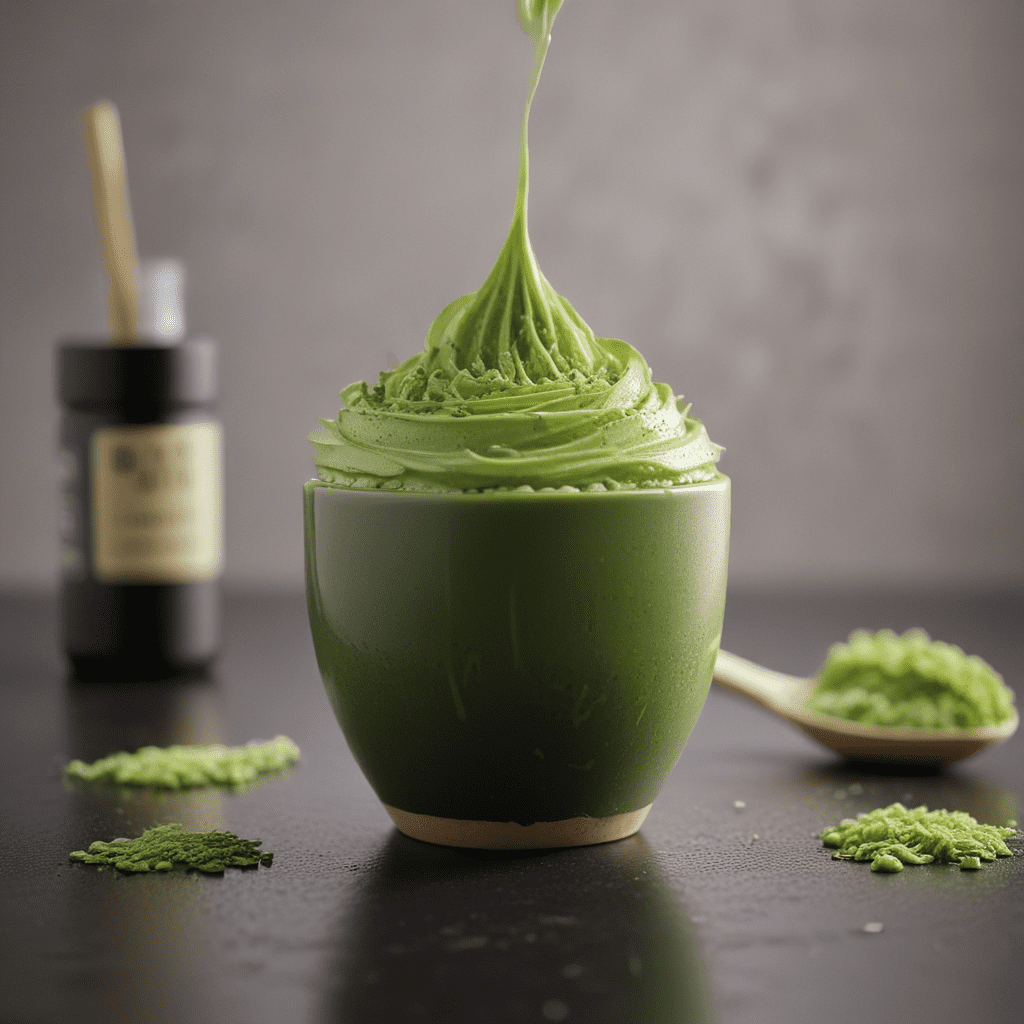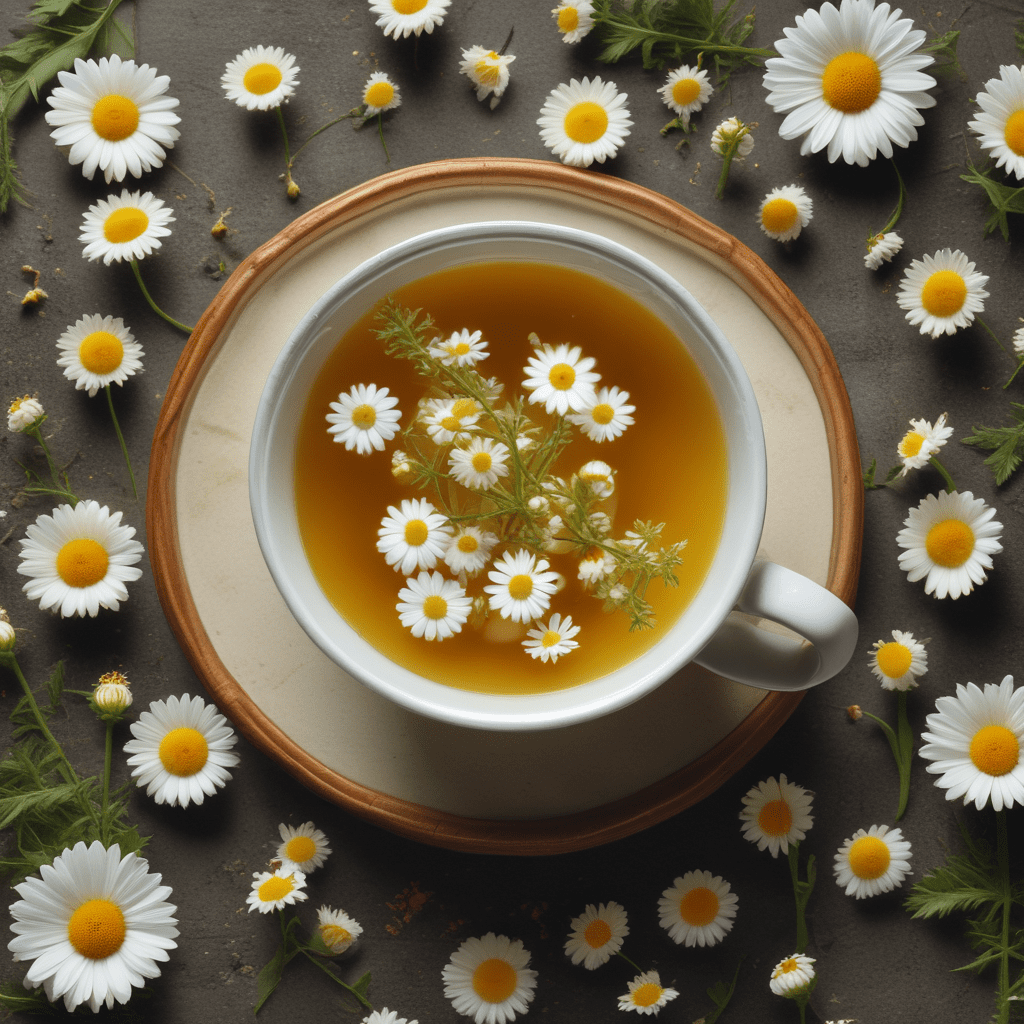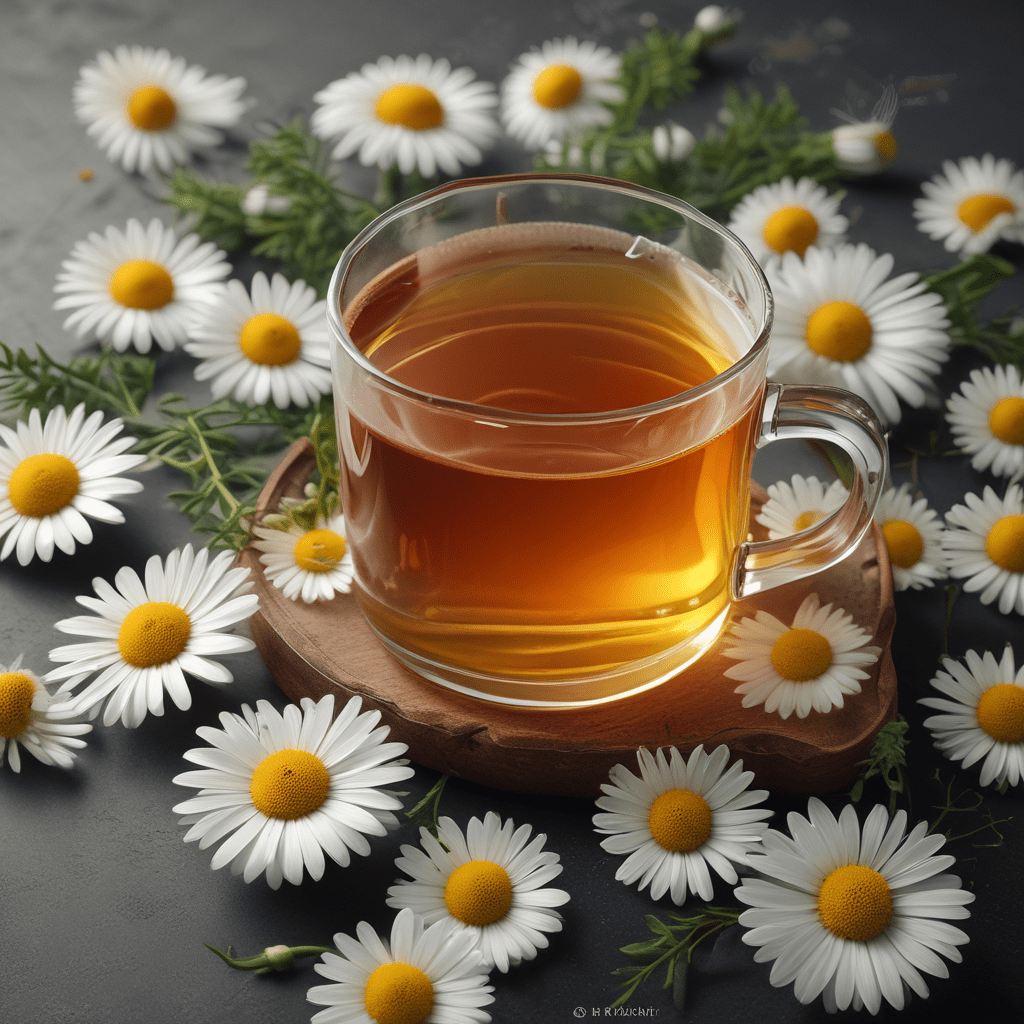
The Health Benefits of Matcha
Matcha is a finely ground green tea powder that has been consumed in Japan for centuries. It is made from whole tea leaves that are shade-grown and then stone-ground into a fine powder. Matcha is rich in antioxidants, including catechins, which have been shown to have a number of health benefits. These benefits include:
- Reduced risk of heart disease: Matcha contains antioxidants that help to protect the heart from damage. These antioxidants also help to lower cholesterol levels and improve blood flow.
- Reduced risk of cancer: Matcha contains antioxidants that help to protect cells from damage. These antioxidants may help to reduce the risk of developing certain types of cancer, including prostate cancer, lung cancer, and colon cancer.
- Improved brain function: Matcha contains caffeine, which can help to improve alertness and focus. Matcha also contains L-theanine, an amino acid that has been shown to promote relaxation and reduce stress.
- Boosted metabolism: Matcha contains caffeine, which can help to boost metabolism and promote weight loss.
- Detoxification: Matcha contains antioxidants that help to detoxify the body and remove harmful toxins.
How to Prepare Matcha
Matcha can be prepared in a variety of ways. The most traditional way to prepare matcha is to use a bamboo whisk and a chawan (tea bowl). To prepare matcha using this method, follow these steps:
- Add 1 teaspoon of matcha powder to a chawan.
- Add 2 ounces of hot water (175-185 degrees Fahrenheit) to the chawan.
- Use a bamboo whisk to vigorously whisk the matcha and water together until a smooth paste forms.
- Add more hot water to the chawan, to taste.
Matcha Recipes: Drinks
Matcha can be used to make a variety of delicious and healthy drinks. Some popular matcha drinks include:
- Matcha latte: A matcha latte is made with matcha powder, steamed milk, and sweetener.
- Matcha smoothie: A matcha smoothie is made with matcha powder, fruit, and yogurt.
- Matcha iced tea: Matcha iced tea is made with matcha powder, cold water, and sweetener.
Matcha Recipes: Desserts and Smoothies
Matcha can also be used to make a variety of delicious and healthy desserts and smoothies. Some popular matcha desserts and smoothies include:
- Matcha cheesecake: Matcha cheesecake is made with matcha powder, cream cheese, and sweetener.
- Matcha pudding: Matcha pudding is made with matcha powder, milk, and sweetener.
- Matcha smoothie bowl: A matcha smoothie bowl is made with matcha powder, fruit, yogurt, and granola.
Creative Matcha Culinary Creations
Matcha can also be used to add a unique flavor to a variety of culinary creations. Some creative matcha culinary creations include:
6. The Daily Matcha Dose
Deciding on your ideal daily dose of matcha is a personal choice. However, it is recommended to consume no more than 400mg of caffeine per day, and a single serving of matcha can contain around 70mg. Therefore, limiting your daily intake to 2-3 servings is advisable.
7. Incorporating Matcha into Your Workout
Matcha's unique combination of caffeine and L-theanine makes it an ideal pre-workout drink. Caffeine provides an energy boost, while L-theanine helps to reduce anxiety and improve focus. Together, these effects can enhance your workout performance and recovery.
8. Matcha as a Mindfulness Tool
In addition to its physical benefits, matcha can also contribute to mental well-being. The calming effects of L-theanine promote relaxation and reduced stress levels. Incorporating matcha into a daily mindfulness practice, such as meditation or yoga, can enhance feelings of tranquility and inner peace.
9. Travel-Friendly Matcha
Matcha's versatility extends to travel companions. Its powdered form makes it easily portable, allowing you to enjoy its benefits wherever you go. Packaged in airtight containers or single-serving sachets, matcha can be quickly prepared using bottled water or a portable whisk, ensuring a convenient and revitalizing treat during your travels.
10. Conclusion: A Matcha Lifestyle
Incorporating matcha into your daily routine can offer a multitude of health and wellness benefits. From supporting physical well-being to enhancing mental clarity and promoting mindfulness, matcha provides a natural and versatile way to elevate your lifestyle. Whether enjoyed as a refreshing drink, incorporated into culinary creations, or used as a mindful tool, matcha's unique properties make it a valuable addition to daily life.
FAQ
Is matcha safe for daily consumption?
Yes, consuming matcha daily is considered safe when consumed in moderation (2-3 servings). However, individuals sensitive to caffeine should consult with a healthcare professional before regular consumption.
How much matcha should I drink per day?
It is advisable to limit your daily matcha intake to 2-3 servings to avoid excessive caffeine consumption.
Can I use matcha powder in baking?
Yes, matcha powder can be incorporated into baking recipes to add flavor and nutritional value. However, its strong flavor profile should be considered when adjusting other ingredients.
Is matcha tea good for weight loss?
Matcha may support weight loss efforts due to its caffeine content, which can boost metabolism and promote satiety. However, it is essential to maintain a balanced diet and engage in regular exercise for effective weight management.
How long does matcha stay fresh?
Properly stored in an airtight container, matcha powder can maintain its freshness for up to six months. Refrigeration can extend its shelf life further.


